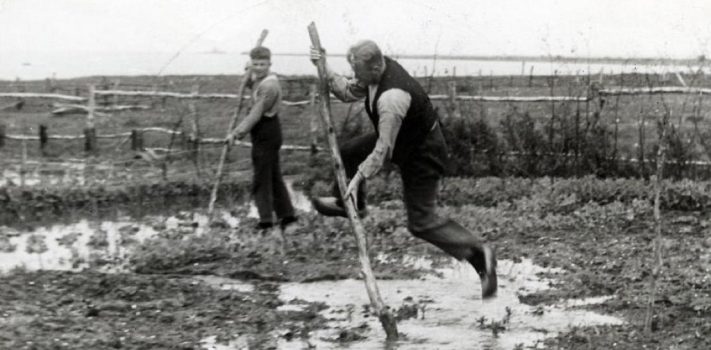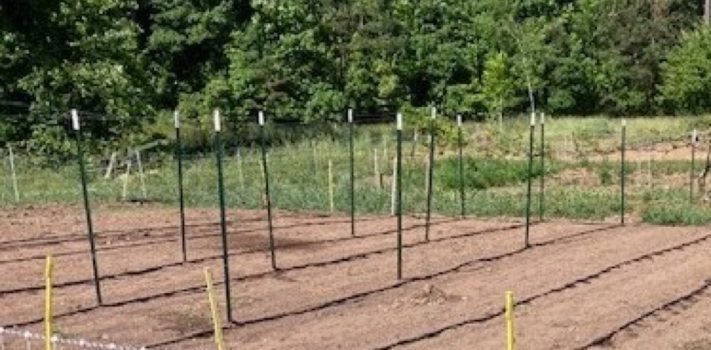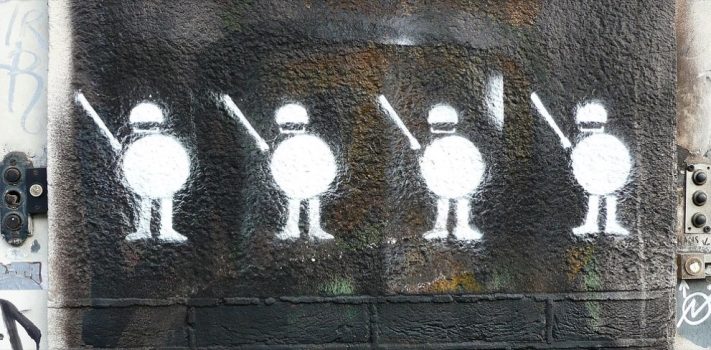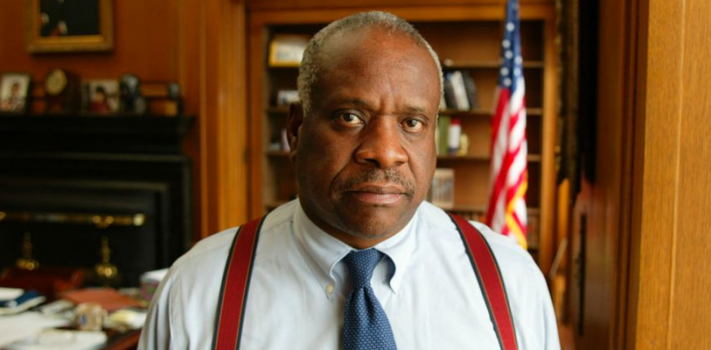Preparedness Notes for Thursday — February 29, 2024
Happy Leap Year Day! We all get this extra day once every four years, to keep the calendar in sync with the Earth’s 365-and-a-quarter day orbit. My personal tradition for leap year days is to contact friends and distant relatives with whom I’ve been out of touch for at least three years. Pictured above, in Holland: Crossing a flooded field with leaping poles. (“Met de polsstok door ondergelopen akker“.) — On February 29, 2020 a new, democratic constitution was adopted by the National Assembly elected by Czech and Slovak leaders, furthering the consolidation of the two states into Czechoslovakia. — …




